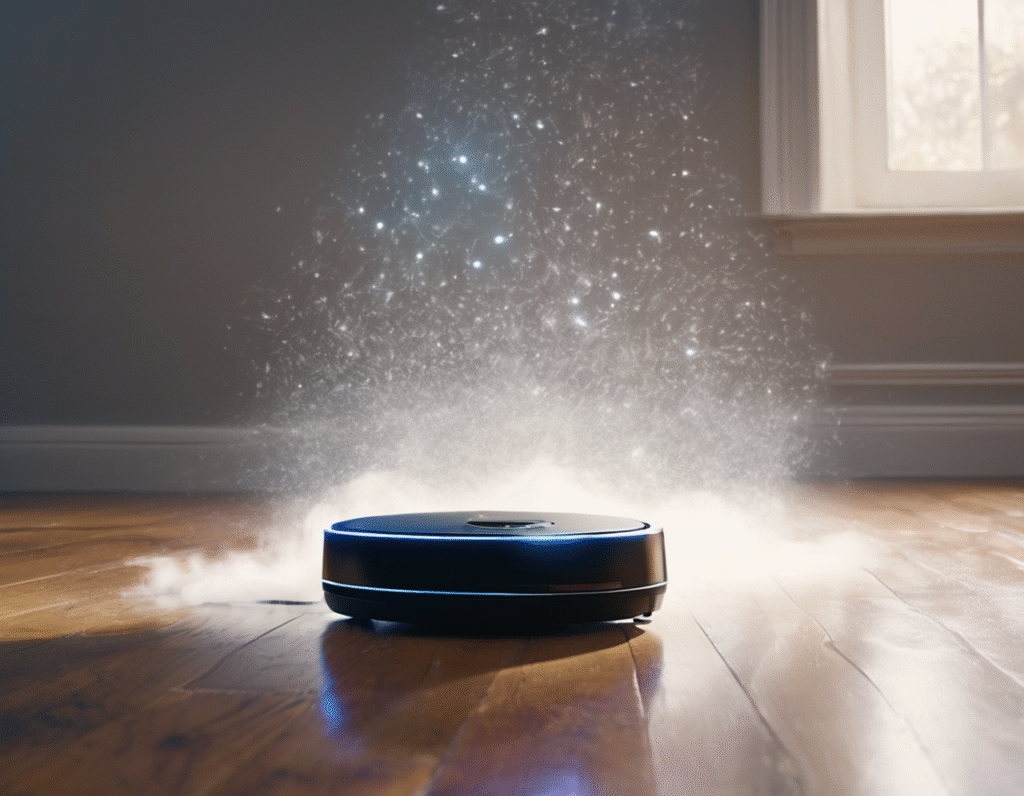Neato Robovac Users Face Premature Cloud Shutdown, Highlighting Web3 Device Vulnerabilities Owners of Neato robot vacuums are about to lose a core function of their devices: app control. The news serves as a stark reminder of the inherent risks of connected hardware that relies on centralized servers, a critical point for the crypto and Web3 communities who champion decentralization. Neato Robotics, which ceased operations in 2023, has informed customers that its cloud services will be phased out by the end of 2025. This move cuts off access to the very features that made the vacuums smart. While the devices will still function with a manual button press, they will lose all advanced functionality. Users can no longer set cleaning schedules, start the vacuum remotely, or manage No-go zones through the app. The shutdown is happening sooner than initially promised. The parent company, Vorwerk Group, had previously committed to maintaining cloud support for at least five years. However, a recent email to customers cited evolving cybersecurity standards and regulations as the reason, stating it is no longer feasible to safely operate these legacy systems. This situation is a textbook case of the problems with the traditional Web2 model of Internet of Things devices. Consumers pay a premium for smart features, but those features have a finite lifespan controlled by a single company. If that company goes out of business or decides to sunset a product, the hardware is effectively downgraded, losing significant value and utility. For the crypto world, this is a familiar and solvable problem. The principles of Web3 and decentralized infrastructure offer a blueprint for a better way. Imagine a robot vacuum that operates on a decentralized network, where its core functions are not dependent on a single corporate server. Smart contracts could potentially manage operations, and community-run nodes could ensure the service remains online as long as there is demand, independent of the original manufacturer’s fate. The premature end of Neato’s cloud services is more than an inconvenience for its users; it is a cautionary tale. It underscores the fragility of centralized digital ownership and strengthens the argument for building a future where our smart devices are truly ours, resilient to corporate decisions and shutdowns. As we move toward a more connected world, the demand for decentralized, user-owned alternatives will only grow.

